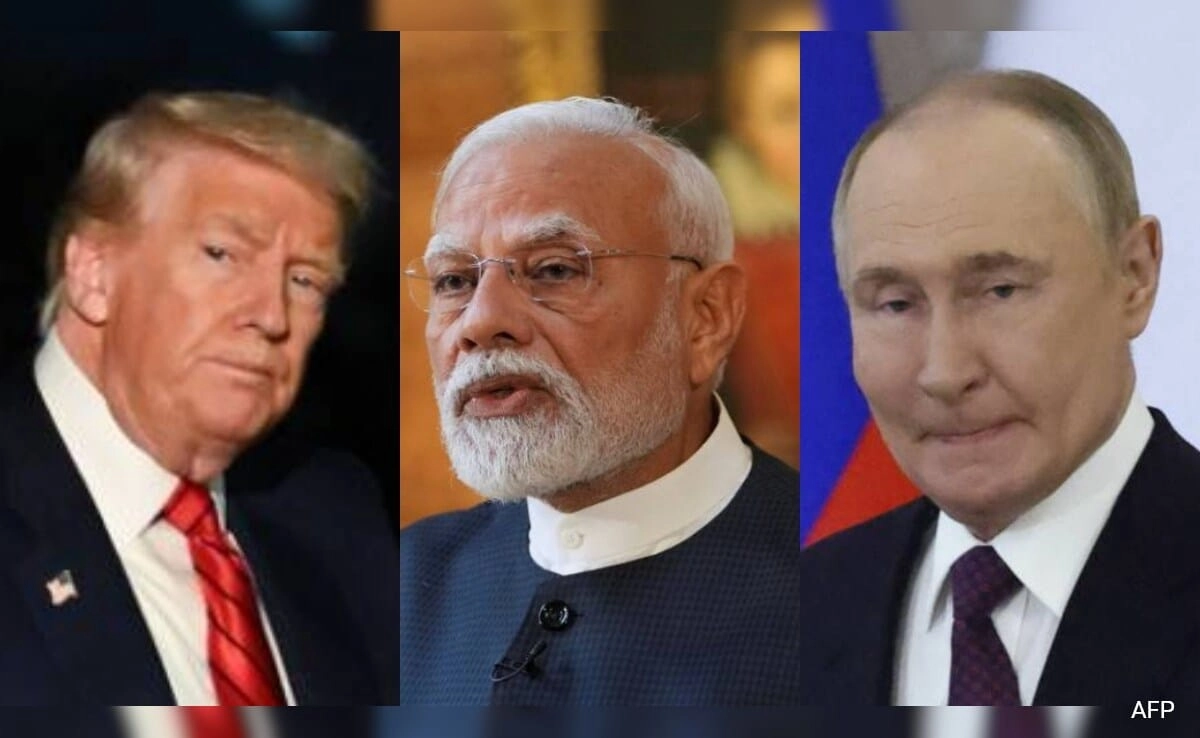The complex dynamics of international relations often hinge on economic policies, such as tariffs, which can significantly influence diplomatic discussions. Recently, the impact of U.S. tariffs on India has come into question regarding their effect on U.S.-Russia talks about the ongoing crisis in Ukraine. Tariffs, which are taxes imposed on imported goods, can alter trade balances and diplomatic relationships. In this context, former President Donald Trump’s remarks shed light on the interconnections between trade policies and international diplomacy. His perspective raises important questions about how economic decisions can shape broader geopolitical strategies.
Trump suggested that U.S. tariffs on India could be a factor in the negotiations surrounding Ukraine. His assertion implies that economic relations with one country may indirectly affect the U.S.’s stance and strategies with another, particularly in a volatile region like Eastern Europe. The U.S. has historically leveraged its economic power to influence global events, and Trump’s comments highlight the intricate web of relationships and dependencies that characterize global trade. The imposition of tariffs can lead to retaliatory measures, creating a ripple effect that may extend beyond bilateral trade to influence alliances and conflicts.
Moreover, the ongoing conflict in Ukraine has necessitated a reevaluation of international alliances and trade partnerships. As the U.S. seeks to support Ukraine against Russian aggression, the economic strategies it employs, including tariffs, could either bolster or undermine its diplomatic efforts. Trump’s insights suggest a need for a cohesive approach that aligns economic policies with foreign policy objectives. The potential repercussions of tariffs on India’s economy could resonate in the broader geopolitical landscape, illustrating how interconnected global economies are in the face of conflict.
As these discussions unfold, it becomes increasingly evident that economic levers such as tariffs are more than mere fiscal tools; they are integral to shaping the geopolitical landscape. Understanding the implications of these policies is crucial for comprehending the complexities of international relations. Ultimately, the interplay of tariffs and diplomacy underscores the necessity for strategic coherence in addressing global challenges. The intricacies of U.S.-Russia talks on Ukraine may indeed be influenced by economic policies that, at first glance, seem unrelated, highlighting the multifaceted nature of global politics in the 21st century.




